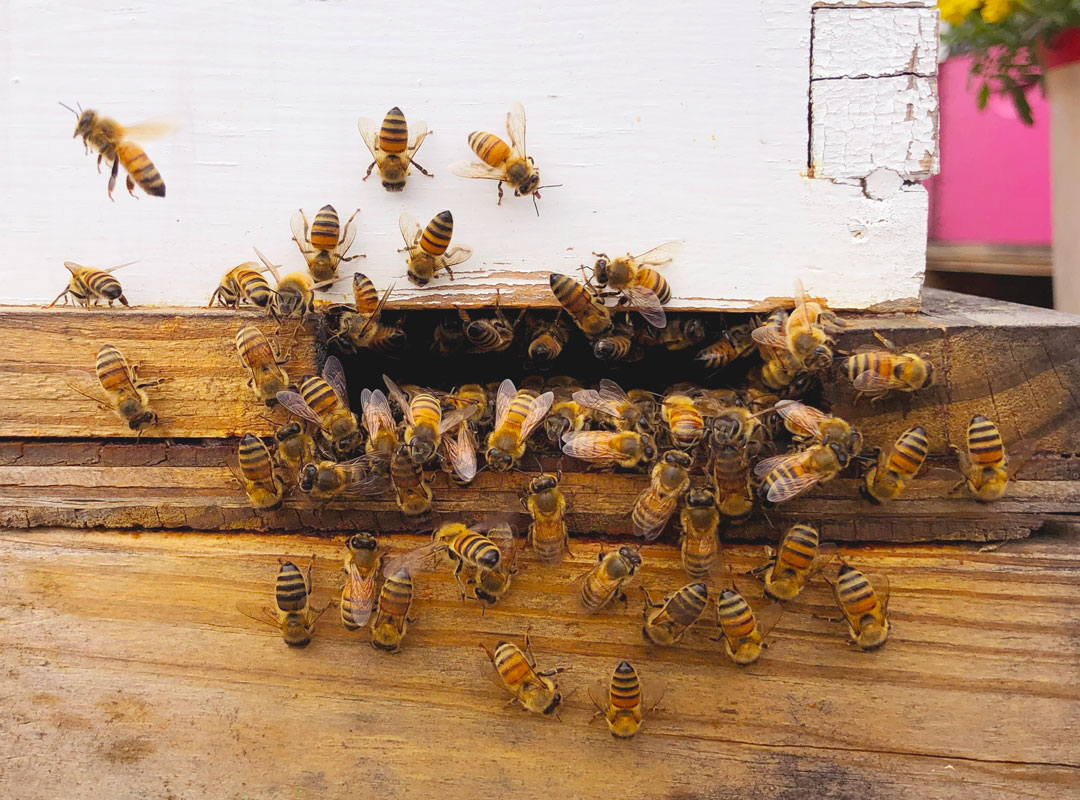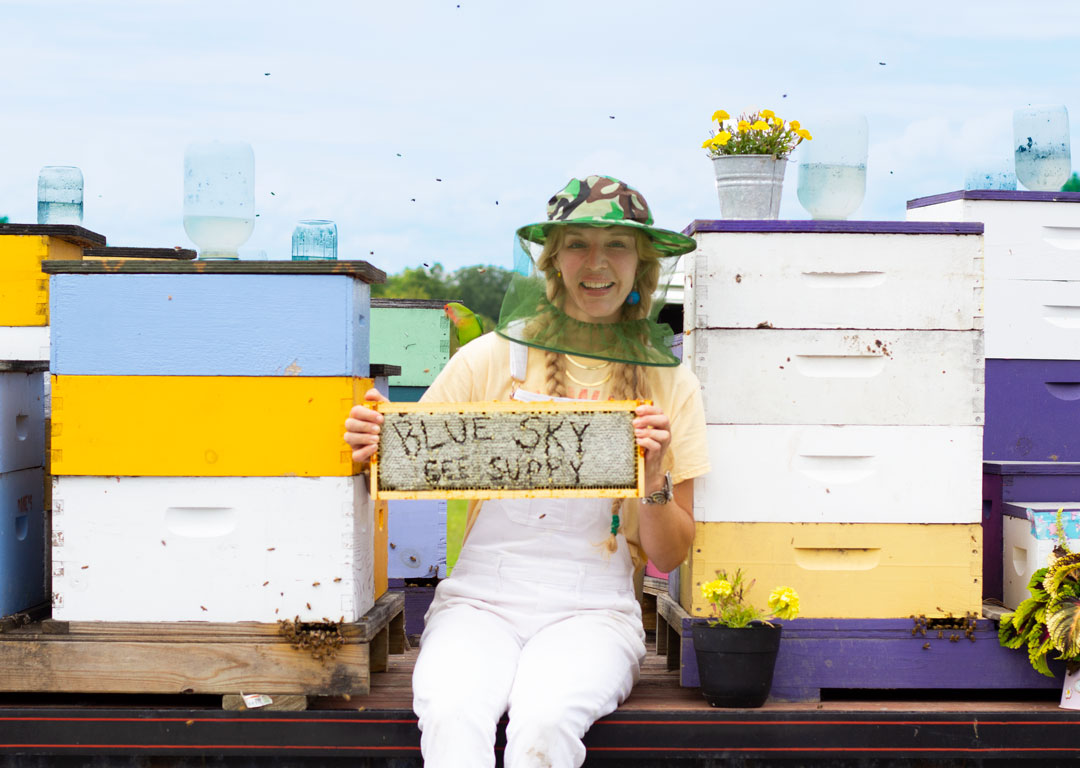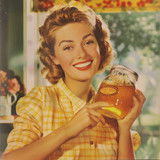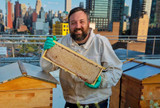A Day With Dolly Neely
Can you recall the exact moment you realized you wanted to become a beekeeper? For Jenean “Dolly” Neely, beekeeping is a saving grace, her catalyst in doing better for the world of living things. Dolly is a farmer who works to better the life of domestic farm animals, an array of exotic birds, and eventually, the lives of helpless rodents like Possums once she earns her license. Dolly is a one-of-a-kind farmer and beekeeper.
Dolly grew up in the rural acres of Clarion, Pennsylvania, the same state in which she farms now. With her mother in Korea, Dolly lives as a successful beekeeper on a large plot to make for 88 acres of grass, sunflowers, and wide range of animals. She harvests her own honey which is available online along with other honeybee byproducts like beeswax balms and body care products. Not too long after making her big break as a cast member of 2004’s Survivor in Vanuatu, Dolly took over her grandfather’s farm after his passing. Today, the farm thrives as it inhabits a variety of chickens, turkeys, ducks, parrots, several hives of honeybees, and more. This week, we made our way out to Pennsylvania to Dolly’s own farm, Birds Eye View Farm in Jackson Center, Pennsylvania to learn more about her unique journey as a beekeeper:
What inspired you to get into beekeeping?
- "I wanted to do something sustainable that also has a lot of different opportunities. It’s a major industry and it’s not just honey. I got two hives to start with which I got from another bigtime beekeeper. I offered to help him. I stayed with him for five years and did an apprenticeship and that turned into this."
What's your favorite part about being a beekeeper?
- "I love the mentorship part of it because we need more people to become interested but I also think it can be intimidating; they want bees but they're afraid. Bees have been a saving grace for me especially with being all alone. Getting into bees opened up opportunities to meet people and you’re constantly learning with bees."
What are you currently working on during this part of the beekeeping season?
- "My biggest thing right now is getting my bees ready to go down to Georgia in November to do pollination in farmers fields of blueberries and watermelons. It’s been a little bit of a transition for me because there’s so many parts to the hive to transport. The good thing is that the bees don’t seem to be all that bothered."

What species of honeybees do you keep?
- "Carniolan Honey bees."
How does your sunflower honey differ from other types of honey?
- "It has a more richer flavor with a brighter golden yellow appearance."
How many hives do you have now?
- "Close to 70 but on this specific farm, there's roughly 40. The remaining are in the third field by the sunflowers."
What sets you apart from other farmers and/or beekeepers?
- "Some farmers can just raise their lambs, slaughter them, and not think twice, and then there's others that say things like “' We bottle fed that one, thats a pet now'" and that’s me. That’s the type of farmer I am.”
Do you see another farm or animal venture in the near future for you?
- "Wildlife Rehabilitation License."

It's true; beekeeping is a lot of work. It requires patience, passion, and the willingness to learn. Maintaining your hives requires a lot of attention to even the smallest of details. Dolly hopes to inspire those who are curious and want to learn to try out beekeeping for themselves. Becoming a beekeeper has made such an impact in her life and she makes every effort to share her experiences with everyone she comes in contact with.
Recent Posts
-
Unleashing the Sweet Potential: A Comprehensive Guide to Honey Marketing
Introduction: In the buzzing world of beekeeping, producing high-quality honey is just the beginnin …May 17th 2024 -
Beekeeper in the Big Apple
Home to the busiest streets in America, cars lined bumper to bumper, herds of young professionals ma …Sep 28th 2022 -
Robbing Honeybees: Detection and Prevention
As a beekeeper, it is important to be able to understand what robbing is and how to recognize …Sep 22nd 2022




